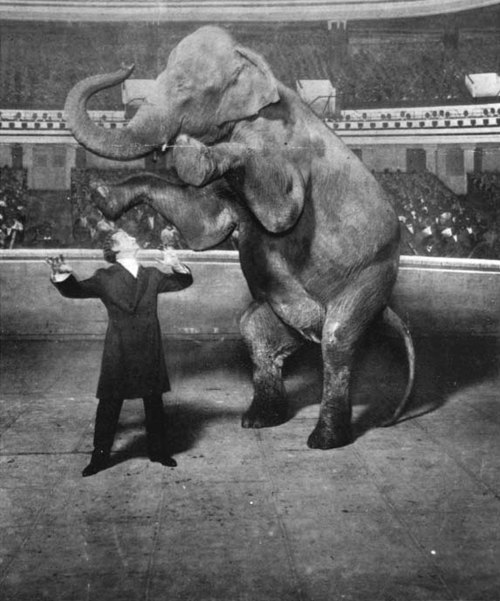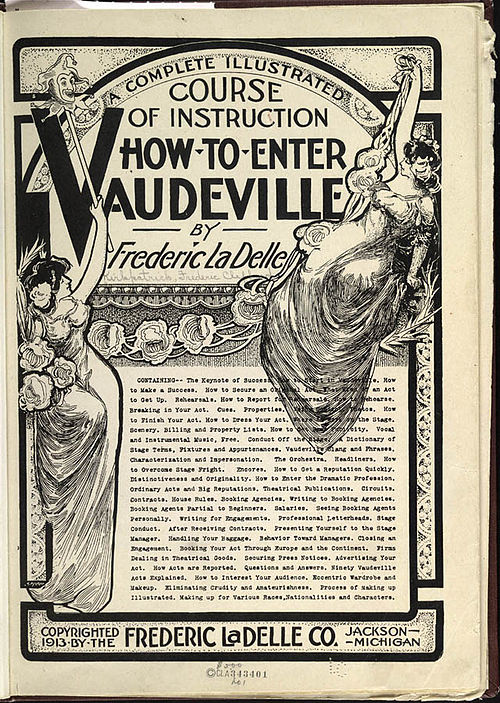Burlesqueadjective
Parodical; parodic
Burlesquenoun
A derisive art form that mocks by imitation; a parody.
Burlesquenoun
A variety adult entertainment show, usually including titillation such as striptease, most common from the 1880s to the 1930s.
Burlesquenoun
A ludicrous imitation; a caricature; a travesty; a gross perversion.
Burlesqueverb
To make a burlesque parody of
Burlesqueverb
To ridicule, or to make ludicrous by grotesque representation in action or in language.
Burlesqueadjective
Tending to excite laughter or contempt by extravagant images, or by a contrast between the subject and the manner of treating it, as when a trifling subject is treated with mock gravity; jocular; ironical.
Burlesquenoun
Ludicrous representation; exaggerated parody; grotesque satire.
Burlesquenoun
An ironical or satirical composition intended to excite laughter, or to ridicule anything.
Burlesquenoun
A ludicrous imitation; a caricature; a travesty; a gross perversion.
Burlesqueverb
To ridicule, or to make ludicrous by grotesque representation in action or in language.
Burlesqueverb
To employ burlesque.
Burlesquenoun
a theatrical entertainment of broad and earthy humor; consists of comic skits and short turns (and sometimes striptease)
Burlesquenoun
a composition that imitates somebody's style in a humorous way
Burlesqueverb
make a parody of;
Burlesqueadjective
relating to or characteristic of a burlesque;
Burlesque
A burlesque is a literary, dramatic or musical work intended to cause laughter by caricaturing the manner or spirit of serious works, or by ludicrous treatment of their subjects. The word derives from the Italian burlesco, which, in turn, is derived from the Italian burla – a joke, ridicule or mockery.Burlesque overlaps in meaning with caricature, parody and travesty, and, in its theatrical sense, with extravaganza, as presented during the Victorian era.
Vaudevillenoun
A style of multi-act theatrical entertainment which originated from France and flourished in Europe and North America from the 1880s through the 1920s.
Vaudevillenoun
An entertainment in this style.
Vaudevillenoun
A kind of song of a lively character, frequently embodying a satire on some person or event, sung to a familiar air in couplets with a refrain; a street song; a topical song.
Vaudevillenoun
A theatrical piece, usually a comedy, the dialogue of which is intermingled with light or satirical songs, set to familiar airs.
Vaudevillenoun
a variety show when performed live in a theater (see above); as, to play in vaudeville; a vaudeville actor.
Vaudevillenoun
a variety show with songs and comic acts etc.
Vaudeville
Vaudeville (; French: [vodvil]) is a theatrical genre of variety entertainment born in France at the end of the 19th century. A vaudeville was originally a comedy without psychological or moral intentions, based on a comical situation: a dramatic composition or light poetry, interspersed with songs or ballets.

















